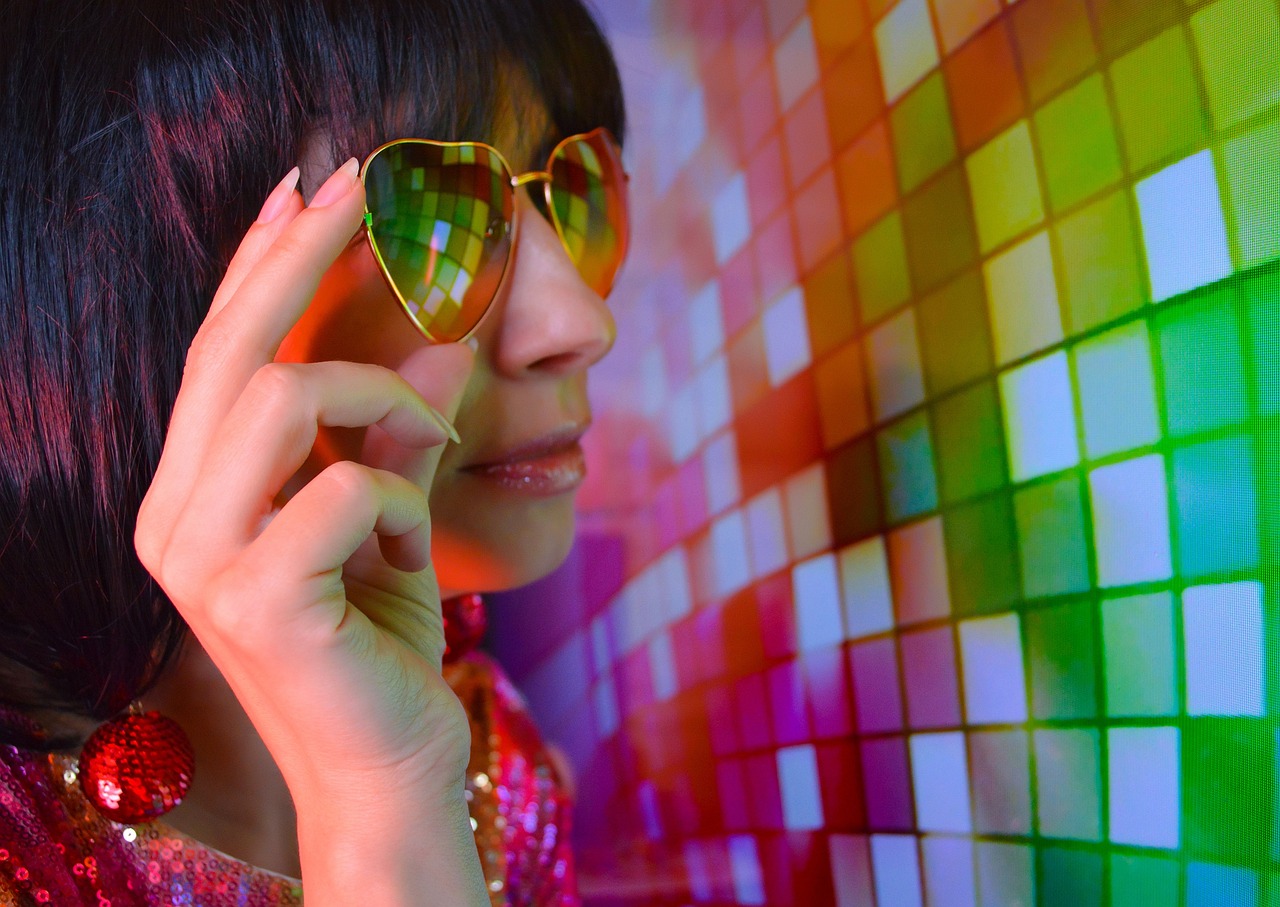The Rise of Virtual Reality Experiences in Entertainment
The integration of virtual reality technology in the entertainment industry has revolutionized the way audiences experience content. Through immersive and interactive environments, users are transported into a world where they can actively engage with the narrative. This technology has the power to blur the lines between reality and fiction, creating a deeply engaging and memorable experience for consumers.
From virtual reality gaming to 360-degree video experiences, the entertainment sector has embraced this cutting-edge technology to push the boundaries of storytelling. By offering users a chance to step into the shoes of characters or explore fantastical worlds firsthand, virtual reality has unlocked a new dimension of entertainment that captivates and delights audiences across the globe.
Benefits of Virtual Reality Experiences for Consumers
Virtual reality experiences provide consumers with a new level of immersion and engagement that traditional forms of entertainment cannot match. By putting on a VR headset, users are transported to interactive worlds where they can fully immerse themselves in the experience. This creates a sense of presence and agency that enhances the overall enjoyment for consumers.
Moreover, virtual reality experiences offer consumers the opportunity to explore and engage with content in more interactive and dynamic ways. Whether it’s gaming, virtual tours, or educational experiences, VR technology allows users to feel like they are a part of the action, leading to a more enriching and memorable experience. This level of interactivity can significantly enhance the overall entertainment value for consumers seeking a more engaging and fulfilling entertainment experience.
Impact of Virtual Reality on Traditional Entertainment Industries
Virtual reality (VR) has revolutionized traditional entertainment industries, offering a unique and immersive experience to consumers. The use of VR technology in areas such as film, theme parks, and live performances has challenged the conventional ways of consuming entertainment.
By transporting users into virtual worlds and providing interactive experiences, VR has the potential to disrupt the dominance of traditional entertainment mediums. The ability to engage all the senses in a virtual environment creates a more compelling and personalized experience for audiences, leading to a shift in consumer preferences towards more immersive forms of entertainment.
• VR technology has transformed the film industry by allowing viewers to step into the movie and experience it firsthand.
• Theme parks have incorporated VR into rides and attractions, enhancing the thrill and excitement for visitors.
• Live performances, such as concerts and theater productions, are using VR to create virtual stages and interactive experiences for audiences.
• The immersive nature of VR has led to an increase in demand for more engaging entertainment options across various industries.
What is virtual reality technology in entertainment?
Virtual reality technology in entertainment refers to the use of computer-generated environments to simulate a physical presence in a virtual world. This technology typically involves the use of a headset or other devices to immerse the user in a 3D virtual environment.
What are some benefits of virtual reality experiences for consumers?
Some benefits of virtual reality experiences for consumers include immersive and interactive entertainment experiences, the ability to explore new worlds and scenarios, enhanced sensory experiences, and the opportunity to try out activities or experiences that may not be possible in the real world.
How does virtual reality impact traditional entertainment industries?
Virtual reality has the potential to disrupt traditional entertainment industries by offering new and innovative ways for consumers to engage with content. This can include virtual reality experiences in gaming, movies, theme parks, live events, and more. Traditional entertainment industries may need to adapt and incorporate virtual reality technology to stay relevant and attract consumers.
Will virtual reality replace traditional entertainment experiences?
While virtual reality technology offers unique and immersive experiences, it is unlikely to completely replace traditional entertainment experiences. Traditional forms of entertainment such as movies, live events, and theme parks offer social interactions and experiences that cannot be replicated in a virtual environment. Virtual reality may complement traditional entertainment experiences rather than replace them entirely.







